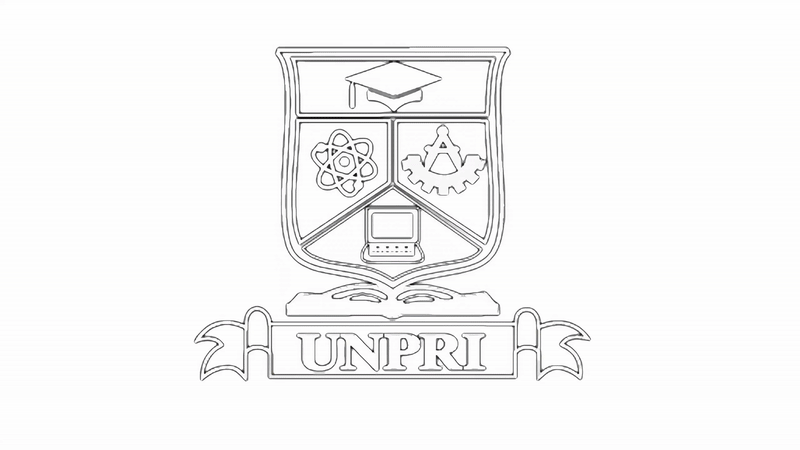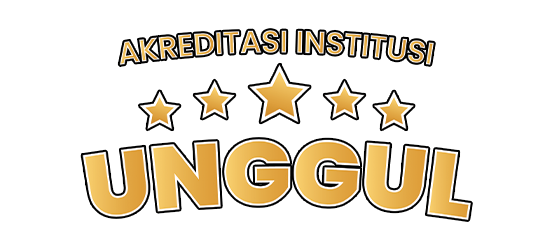- 2026-03-03 15:53:51 by Muhammad Aditya Kurnia
UNPRI Jadi Tuan Rumah Kompetisi Regional GreenMech Sumatera Utara 2026
Sinergi Universitas Prima Indonesia dalam Mengakselerasi Potensi Teknologi Pelajar di Wilayah Sumatera Utara.
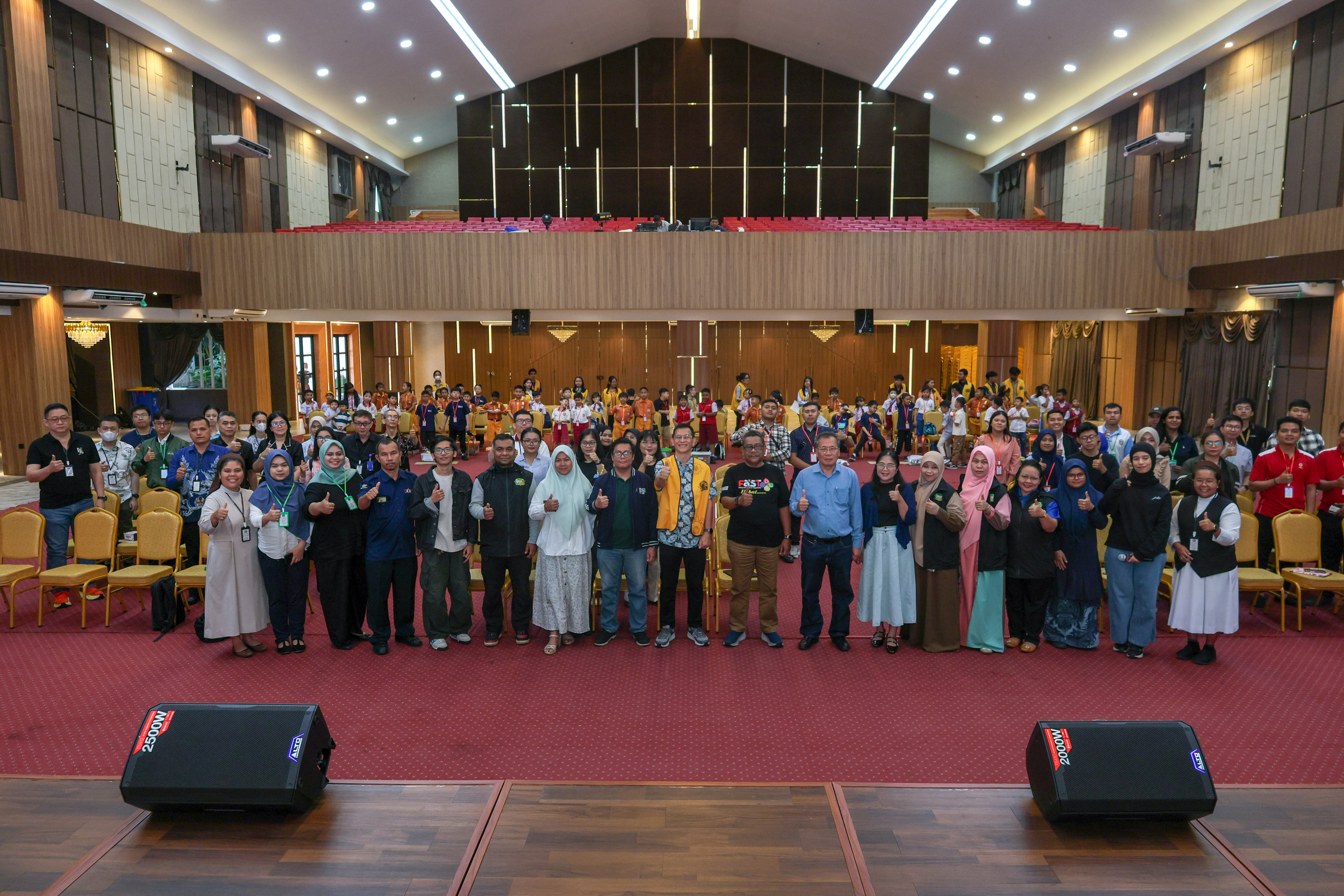
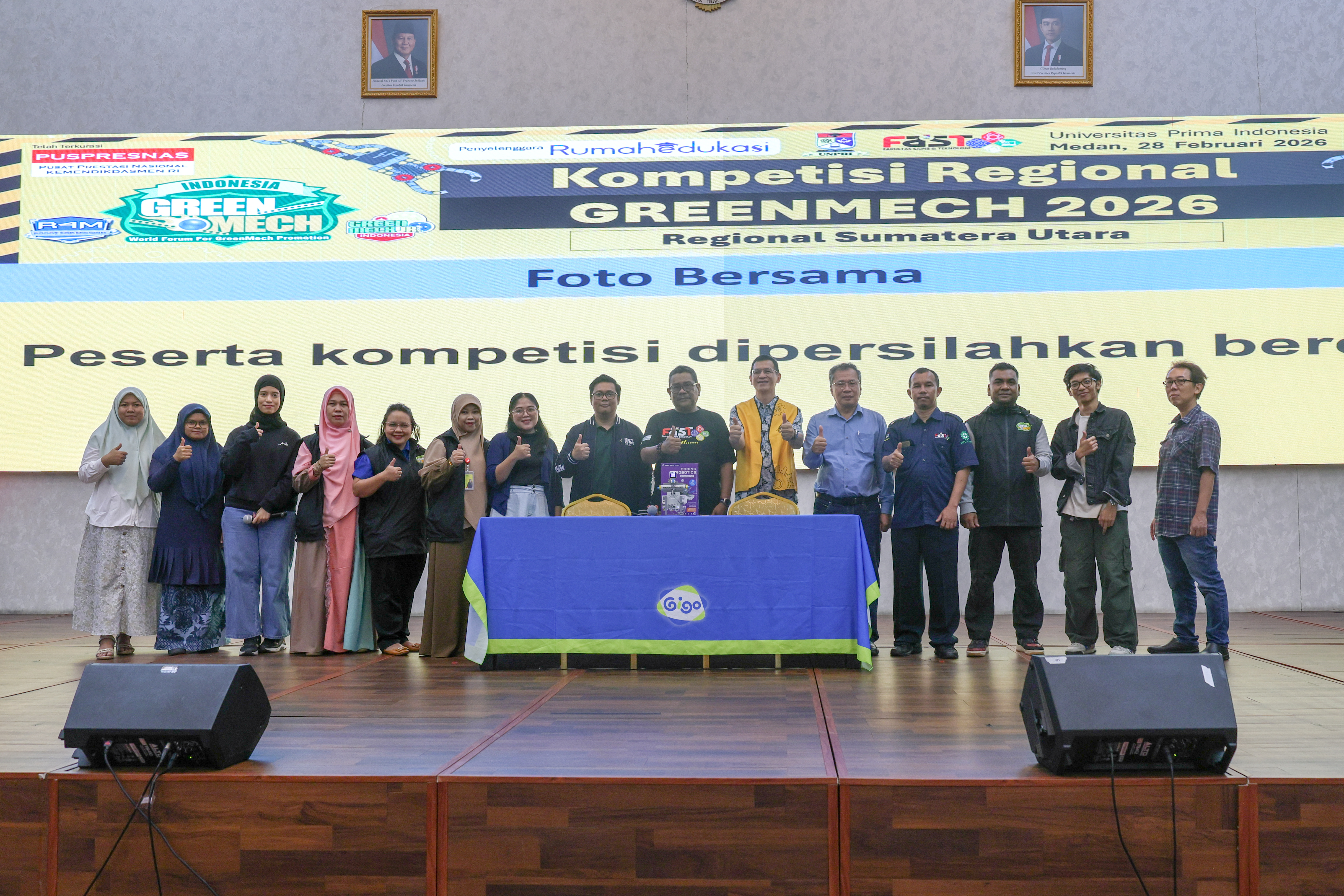
Medan – Fakultas Sains dan Teknologi (FAST) Universitas Prima Indonesia (UNPRI) menjadi tuan rumah Kompetisi Regional GreenMech Sumatera Utara pada Sabtu (28/2/2026) di Hall Utama Kampus UNPRI, Jalan Sampul No. 3 Medan. Kompetisi yang diselenggarakan oleh Rumah Edukasi ini diikuti oleh siswa SD, SMP, dan SMA se-Sumatera Utara dengan tujuan memupuk semangat kerja sama dan kreativitas tim dalam menunjukkan prestasi pendidikan sains Indonesia yang inovatif guna mencetak generasi yang berkompeten dan berkualitas.
Berdasarkan prinsip saintifik, kompetisi ini menggabungkan lima aspek pembelajaran dan perkembangan, yaitu STEAM (Science, Technology, Engineering, Art, and Mathematics) ke dalam pembelajaran dan pengembangan keterampilan peserta. Rumah Edukasi telah menyelenggarakan kompetisi GreenMech dan Robot for Mission tingkat regional dan nasional sejak tahun 2017 dan telah berhasil mengantarkan tim Indonesia menjadi juara dunia kompetisi Robot for Mission pada tahun 2019, 2023, 2024, dan 2025.
Acara dibuka oleh Dekan Fakultas Sains dan Teknologi UNPRI, Prof. Ir. Bhakti Alamsyah, M.T., Ph.D., yang menyampaikan sambutan dan apresiasi kepada seluruh peserta. "Yang ingin saya sampaikan kepada Ibu, Bapak, dan para peserta kompetisi adalah selamat dan terima kasih karena telah menyemangati diri untuk hadir di kampus UNPRI dan mengikuti kompetisi ini", ujarnya. Kehadiran para peserta di kampus UNPRI menjadi bukti nyata dukungan terhadap pengembangan talenta muda yang berkompeten dan berkualitas di bidang teknologi.
Prof. Bhakti menekankan pentingnya kegiatan seperti ini di tengah era teknologi, kecerdasan buatan, dan digitalisasi yang berkembang pesat. Menurutnya, lebih dari sekadar kompetisi, kegiatan ini merupakan langkah nyata dalam mengembangkan manusia secara utuh. "Maka yang penting hari ini adalah bagaimana kita mengembangkan manusia. Memilih kegiatan ini, memberanikan diri untuk datang ke sini dan berkompetisi, adalah sebuah keputusan yang luar biasa dan layak untuk diselamati", tegasnya sebagai bagian dari semangat UNPRI yang terus berinovasi dalam mendukung ekosistem sains nasional.
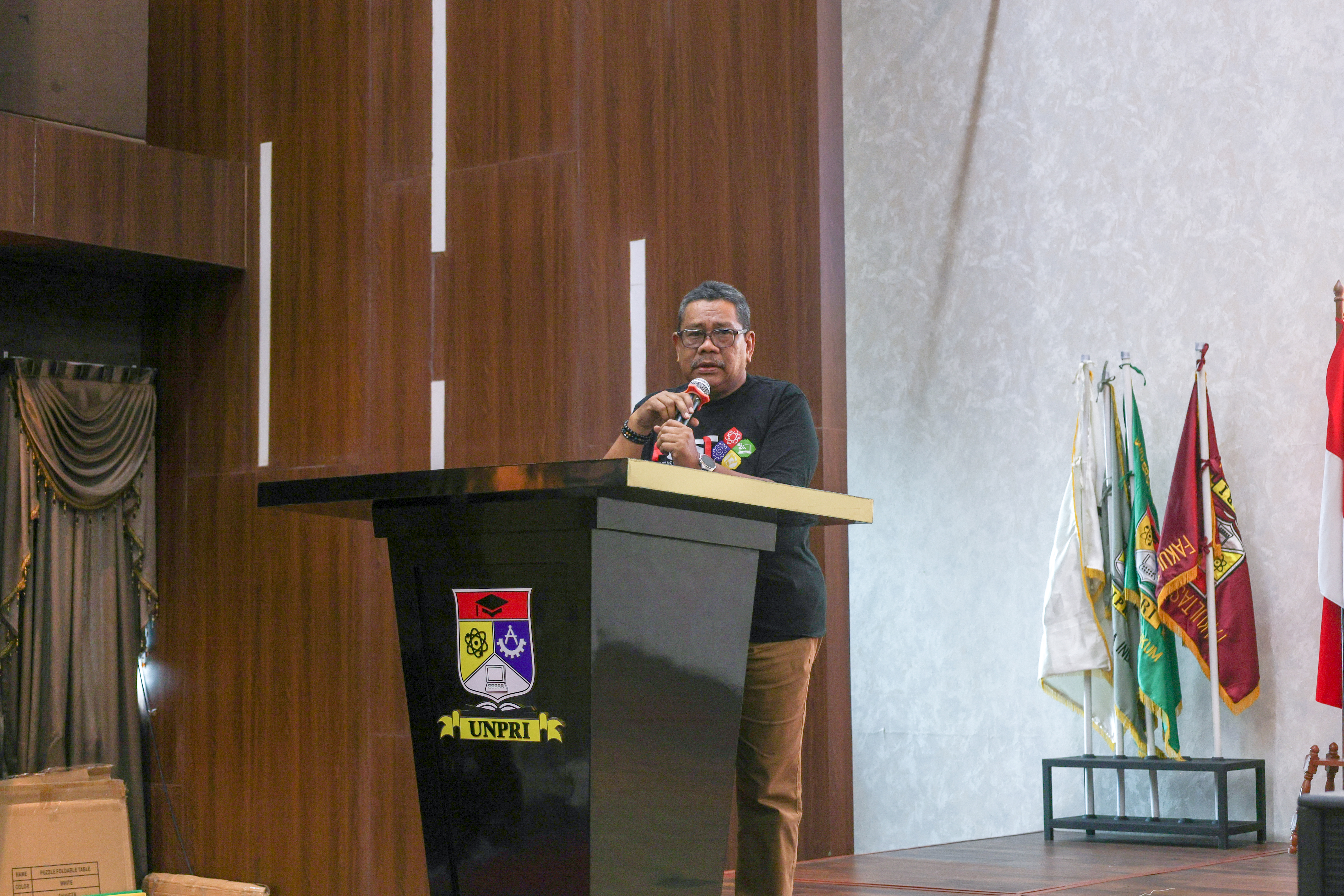
Kompetisi berlangsung seru dengan berbagai kategori, mulai dari GreenMech Junior Science SD, GreenMech Junior Programmer SD, GreenMech Basic SMP, hingga Robot for Mission (R4M) untuk tingkat SD, SMP, dan SMA. Para peserta menunjukkan kemampuan luar biasa dalam merancang, memprogram, dan mengoperasikan robot sesuai dengan misi yang diberikan. Melalui kegiatan ini, UNPRI terus berkomitmen memperkuat posisinya sebagai institusi yang adaptif dan proaktif dalam menghadapi tantangan teknologi global.
Wujudkan masa depan profesional Anda yang berkompeten dan berkualitas dengan visi Go Internasional bersama UNPRI. Informasi selengkapnya mengenai pendaftaran dan program akademik dapat diakses melalui website resmi kami di: www.unprimdn.ac.id.
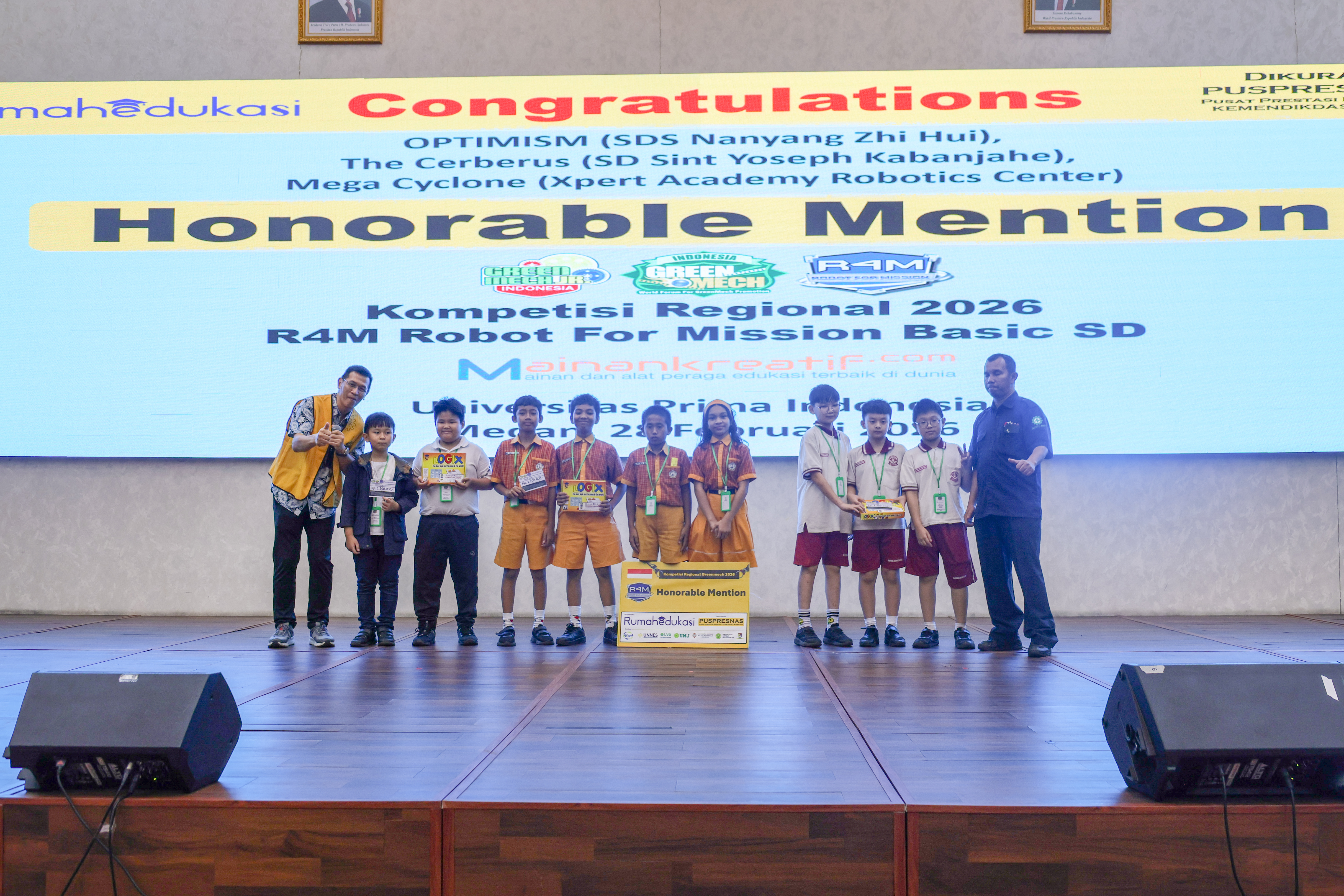
Penulis: Tim UNPRI
Berita seputar "Fakultas Sains dan Teknologi:"
2026-03-03 15:53:51 by Muhammad Aditya Kurnia
Sinergi Universitas Prima Indonesia dalam Mengakselerasi Potensi Teknologi Pelajar di Wilayah Sumatera Utara.
2026-03-03 15:53:51 by Muhammad Aditya Kurnia
Sinergi Universitas Prima Indonesia dalam Mengakselerasi Potensi Teknologi Pelajar di Wilayah Sumatera Utara.
2026-03-03 15:53:51 by Muhammad Aditya Kurnia
Sinergi Universitas Prima Indonesia dalam Mengakselerasi Potensi Teknologi Pelajar di Wilayah Sumatera Utara.
2026-03-03 15:53:51 by Muhammad Aditya Kurnia
Sinergi Universitas Prima Indonesia dalam Mengakselerasi Potensi Teknologi Pelajar di Wilayah Sumatera Utara.
2026-03-03 15:53:51 by Muhammad Aditya Kurnia
Sinergi Universitas Prima Indonesia dalam Mengakselerasi Potensi Teknologi Pelajar di Wilayah Sumatera Utara.
Berita Lain
2026-03-03 15:53:51 by Muhammad Aditya Kurnia
Sinergi Universitas Prima Indonesia dalam Mengakselerasi Potensi Teknologi Pelajar di Wilayah Sumatera Utara.
2026-03-03 15:53:51 by Muhammad Aditya Kurnia
Sinergi Universitas Prima Indonesia dalam Mengakselerasi Potensi Teknologi Pelajar di Wilayah Sumatera Utara.
2026-03-03 15:53:51 by Muhammad Aditya Kurnia
Sinergi Universitas Prima Indonesia dalam Mengakselerasi Potensi Teknologi Pelajar di Wilayah Sumatera Utara.
2026-03-03 15:53:51 by Muhammad Aditya Kurnia
Sinergi Universitas Prima Indonesia dalam Mengakselerasi Potensi Teknologi Pelajar di Wilayah Sumatera Utara.
